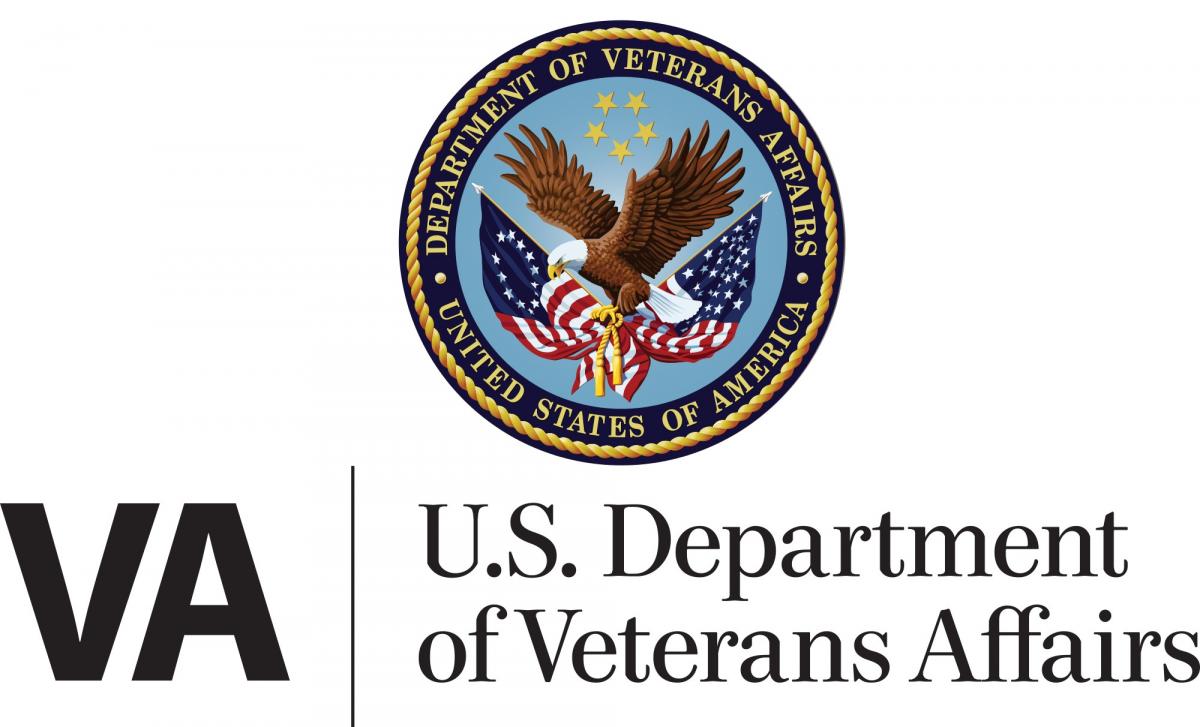- Datasets and Research Tools
- Dissemination and Implementation
- Engagement in Research
- HIPxChange
- Quality and Safety
- Stakeholder Engagement
*Free registration is required to use the toolkits provided within HIPxChange. This information is required by our funders and is used to determine the impact of the materials posted on the website.
Background
Veteran engagement refers to the meaningful, bi-directional involvement of Veterans in the research process. In this context, Veteran engagement does not refer to Veteran participation as subjects of a research study or as a member of a focus group. Instead, they are engaged as active stakeholders who contribute feedback on the direction of the study while it is being planned, conducted, and/or disseminated.
The feedback given by Veterans is based on personal experience that is relevant to the research topic being studied. Their experiences in the military, with a specific health condition, or with receiving Veterans Administration (VA) services gives them a unique perspective and expertise that can serve to improve the quality and impact of research.
Engaging Veterans in research projects
There is no one way to engage Veterans in research. You can tailor their involvement to both the needs of the project and their interests, skills, and expertise. Veteran engagement can look very different for each study:
- Veterans could be involved on a project in a very short-term, as-needed basis as consultants. For example, they might be asked to provide feedback on the content of a survey or flyer.
- Veteran involvement could also be much more in-depth, such as providing ongoing feedback as part of an advisory board or even being hired as a research team member.
There is no “right” way to engage Veterans. The only requirement is that the Veterans are engaged thoughtfully so that their feedback meaningfully impacts the project.
Who should use this toolkit?
This toolkit is intended for investigators and research team members who wish to engage Veterans as stakeholders in the design, implementation, and/or dissemination of their research.
What does the toolkit contain?
This toolkit contains guidance and resources researchers can use to effectively engage Veterans. Potential benefits include:
- Improved recruitment rates and diversity of participants
- Reduction in missing data or loss to follow-up
- Identification and refinement of high priority patient-centered outcomes
- Enhanced uptake and impact of research findings
How should these tools be used?
The materials in this toolkit can be used to:
- Develop the skills and knowledge necessary to cultivate strong relationships with Veteran stakeholders
- Find Veterans with expertise relevant to a specific research topic and the skills necessary to effectively provide feedback on research projects
- Write a well-designed and feasible Veteran engagement plan
- Guide effective Veteran engagement throughout the research process
Several tools and materials are included in this toolkit to help you successfully engage veterans in research projects. While much of the information in this toolkit is relevant to any researcher looking to engage Veterans, many of the resources referenced are specific to Wisconsin.
Development of this toolkit
The Engaging Veterans in Research was developed by researchers and clinicians (Principal Investigator: Nasia Safdar, MD, PhD) at the William S. Middleton Memorial Veterans Hospital and the University of Wisconsin-Madison School of Medicine & Public Health – Department of Medicine.
This project was supported by a grant from the University of Wisconsin Institute for Clinical and Translational Research (UW ICTR). Additional support was provided by the University of Wisconsin School of Medicine and Public Health’s Health Innovation Program (HIP), the Wisconsin Partnership Program, and the Community-Academic Partnerships core of the UW ICTR, grant 9 U54 TR000021 from the National Center for Advancing Translational Sciences (previously grant 1 UL1 RR025011 from the National Center for Research Resources). Nasia Safdar is supported by a VA Patient Safety Center of Inquiry and a QUERI partnered evaluation initiative (PEC 15-248). The content is solely the responsibility of the authors and does not necessarily represent the official views of the National Institutes of Health, the U.S. Department of Veterans Affairs, the United States Government, or other funders.
Please send questions, comments and suggestions to HIPxChange@hip.wisc.edu
Reference
Brys NA, Whittle J, Safdar N. Development of a veteran engagement toolkit for researchers. J Comp Eff Res. 2018 Jun;7(6):595-602.
Toolkit citation
Safdar N, Brys NA. “Engaging Veterans in Research Toolkit.” William S. Middleton Memorial Veterans Hospital. Madison, WI; 2017. Available at: https://www.hipxchange.org/EngagingVeterans.
The Engaging Veterans in Research Toolkit, available at http://www.hipxchange.org/EngagingVeterans, is licensed under a Creative Commons Attribution-NonCommercial-ShareAlike 4.0 International License.





